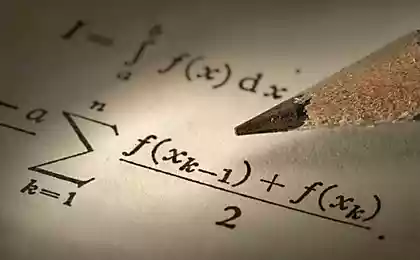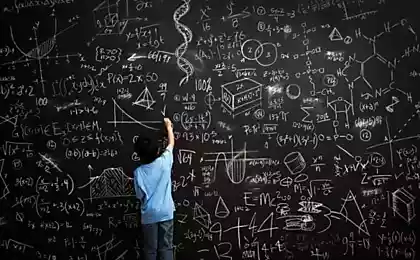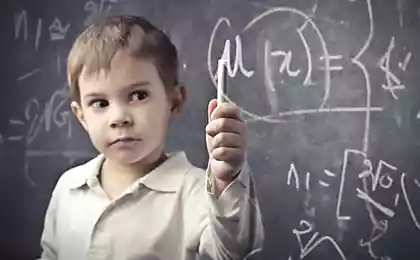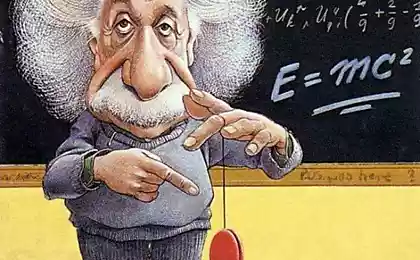223
Why do children have an aversion to mathematics?
The difficulties that children experience in math classes are not related to the mindset or lack of natural data for solving complex equations. But mathematics makes the heart beat more often not only in children, but also in adults.
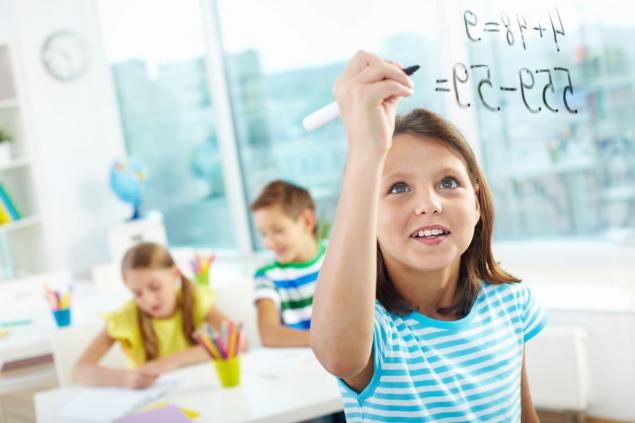
It is the anxiety that we experience every time a child asks for help with an object that affects the learning of complex formulas. Today, we’re going to talk about what kids’ math skills depend on, and why many people avoid math.
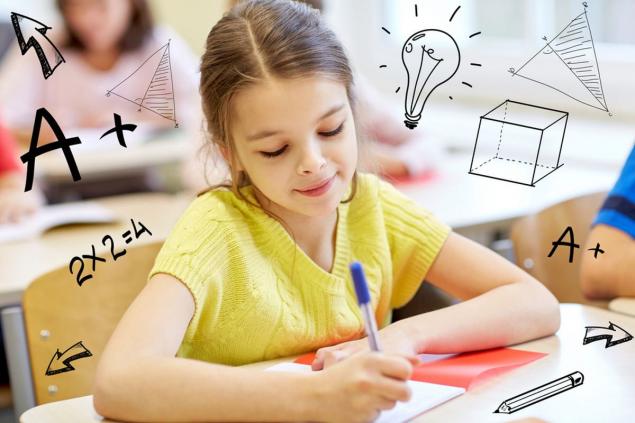
American scientists conducted a study that showed that 93% of American adults are somewhat afraid of mathematics. And children in 34 countries aged 15-16 years are worried when performing tasks in the classroom. Half of these children are worried that it will be difficult for them in math class.
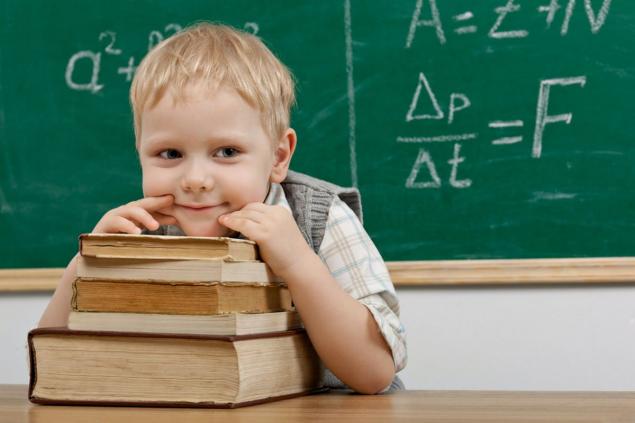
The idea that the exact sciences are easy for some and not for others has developed in Western countries. That's according to New York psychologist Shean Bailey.
Most people who are afraid of mathematics claim that they do not have the natural data to solve mathematical problems. In fact, such people can cope with most tasks in mathematics.
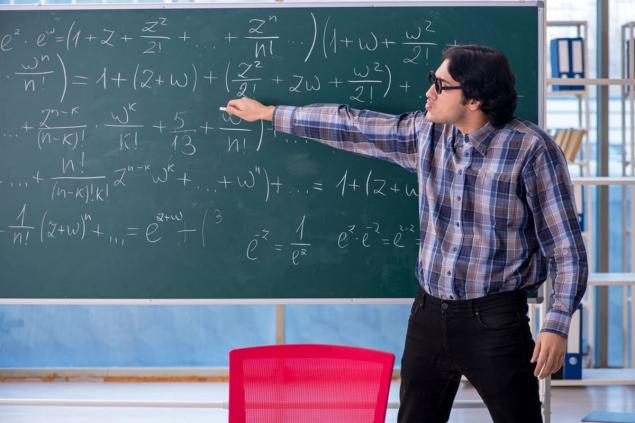
In 1953, mathematician Mary de Lellis Gough coined the term “mathematicophobia.” If a person has panic, helplessness, when they need to solve a mathematical example, then it is likely that he has a phobia of mathematics.
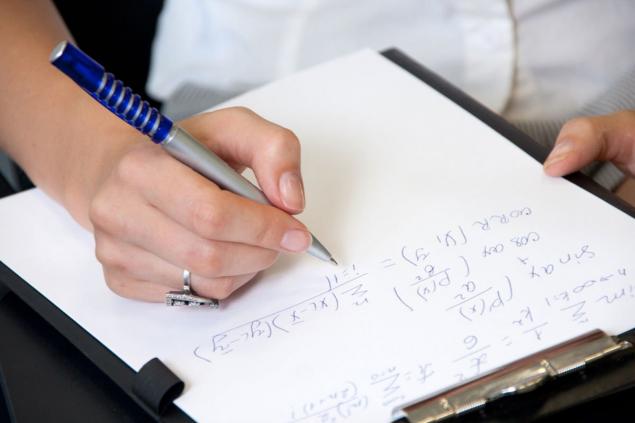
Anxiety about math begins in children as they go to school. And their parents, when their kids come home with homework. In Western culture, this subject is one of the most important in the school curriculum. It is believed that in solving problems there is only the right answer, so the fear of making a mistake is clear to everyone.
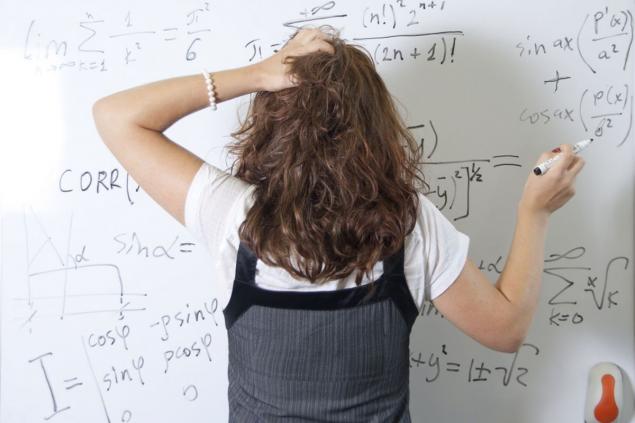
To “mathematical anxiety” most prone to female students and teachers in the lower classes. Since women believe in gender stereotypes about the mathematical mindset and lack of it in women, they have worse results than men.

Fear prevents us from concentrating on our tasks. The same fear drives people to avoid mathematics. And since the new knowledge in the subject is based on the previous ones, filling the gaps becomes even more difficult.
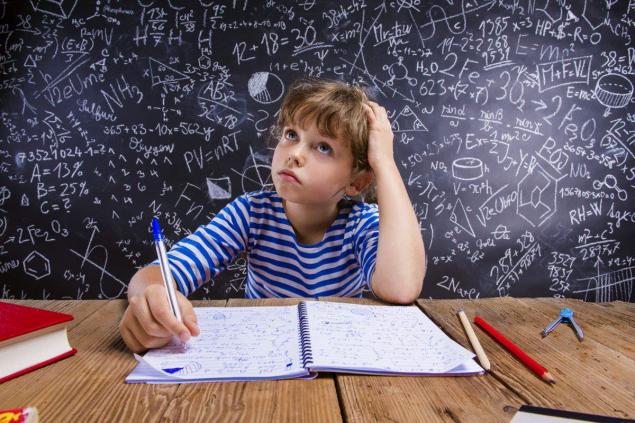
In order for children not to be afraid of mathematics, primary schools should be taught by teachers who love their subject. The atmosphere in the classroom is also important: students should not be afraid to make mistakes. Einar Skolvik of the University of Norway argues that it is important to create an environment focused on learning rather than evaluation.
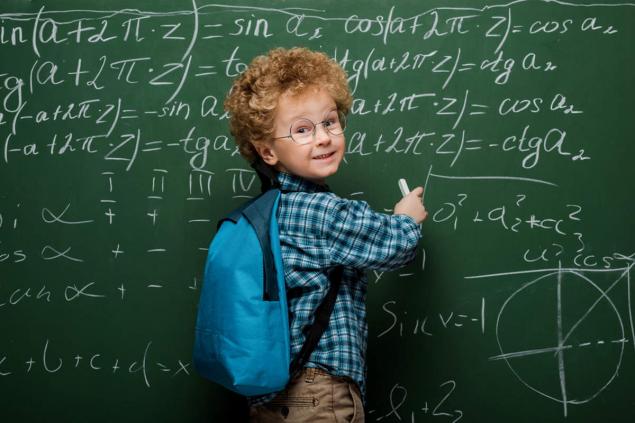
Students should not be afraid to ask if they do not understand the material. And teachers are obliged to help cope with anxiety, for this you need to sincerely love your work. Then we will not dream of learning in terrible dreams. Did you like math classes at school?

It is the anxiety that we experience every time a child asks for help with an object that affects the learning of complex formulas. Today, we’re going to talk about what kids’ math skills depend on, and why many people avoid math.

American scientists conducted a study that showed that 93% of American adults are somewhat afraid of mathematics. And children in 34 countries aged 15-16 years are worried when performing tasks in the classroom. Half of these children are worried that it will be difficult for them in math class.

The idea that the exact sciences are easy for some and not for others has developed in Western countries. That's according to New York psychologist Shean Bailey.
Most people who are afraid of mathematics claim that they do not have the natural data to solve mathematical problems. In fact, such people can cope with most tasks in mathematics.

In 1953, mathematician Mary de Lellis Gough coined the term “mathematicophobia.” If a person has panic, helplessness, when they need to solve a mathematical example, then it is likely that he has a phobia of mathematics.

Anxiety about math begins in children as they go to school. And their parents, when their kids come home with homework. In Western culture, this subject is one of the most important in the school curriculum. It is believed that in solving problems there is only the right answer, so the fear of making a mistake is clear to everyone.

To “mathematical anxiety” most prone to female students and teachers in the lower classes. Since women believe in gender stereotypes about the mathematical mindset and lack of it in women, they have worse results than men.

Fear prevents us from concentrating on our tasks. The same fear drives people to avoid mathematics. And since the new knowledge in the subject is based on the previous ones, filling the gaps becomes even more difficult.

In order for children not to be afraid of mathematics, primary schools should be taught by teachers who love their subject. The atmosphere in the classroom is also important: students should not be afraid to make mistakes. Einar Skolvik of the University of Norway argues that it is important to create an environment focused on learning rather than evaluation.

Students should not be afraid to ask if they do not understand the material. And teachers are obliged to help cope with anxiety, for this you need to sincerely love your work. Then we will not dream of learning in terrible dreams. Did you like math classes at school?

